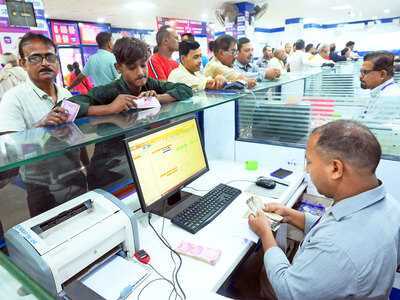
(By Dr. Rockey Katheria)
Heart attack affects both men and women, and is among the leading causes of death worldwide. But, the presentation of heart attack differs in men and women. Women often present subtler symptoms than men, or there is an overlap of symptoms deviating the attention towards health concerns other than heart issues and that’s exactly why they often go unnoticed until it’s too late.
While men are usually seen as being at higher risk, women are not immune. In fact, during their younger years, women may be somewhat protected by estrogen often touted as heart-protecting hormone. But once this protection wanes in their post-menopausal age, their risk rises significantly. The real danger lies in how differently women experience symptoms, and how frequently these are dismissed as something minor.
How Women’s Symptoms Differ
Unlike men, who often present with classic angina, sharp chest pain radiating to the arm or back, women’s symptoms are often vague and subtle. Instead of crushing chest pain, a woman may feel:
- Mild chest heaviness or discomfort
- Shortness of breath
- Indigestion or nausea
- Dizziness or light-headedness
- Unexplained fatigue
- Discomfort in the back, shoulder, jaw, or even the hands
Because these complaints don’t fit the 'textbook' definition of a heart attack, they are easily mistaken for acidity, anxiety, or even stress. Sadly, this delay in recognising the problem means that by the time many women are diagnosed, heart damage has already occurred.
Why It Matters
Delay in diagnosis and appropriate treatment may result in severe consequences. When the muscle of the heart is injured, there is a chance of severe complications, including cardiac arrhythmias (irregular heart rhythms), congestive heart failure, and recurrent cardiovascular events.
What Women Should Do
Awareness is the first line of defence. Women must pay attention to persistent, unusual symptoms, even if they seem mild. Seeking timely medical help can save lives. Adopting a heart-healthy lifestyle and diet, regular health check-ups, monitoring blood pressure, diabetes, and cholesterol, and stress management are equally important.
The Takeaway
Although addressed as silent, heart attacks in women are not truly silent. They just present with different and mostly with subtler symptoms. Recognising these symptoms and seeking early medical help is paramount in preventing serious consequences. For women everywhere, listening to your body and seeking help early could be the most powerful act of self-care.
Dr. Rockey Katheria is Consultant – Interventional Cardiology at Manipal Hospital Varthur Road
[Disclaimer: The information provided in the article, including treatment suggestions shared by doctors, is intended for general informational purposes only. It is not a substitute for professional medical advice, diagnosis, or treatment. Always seek the advice of your physician or other qualified healthcare provider with any questions you may have regarding a medical condition.]









